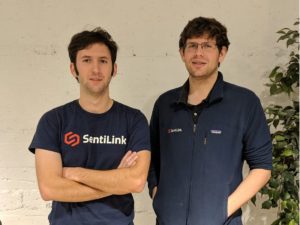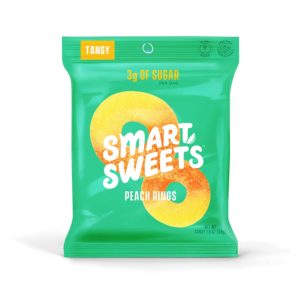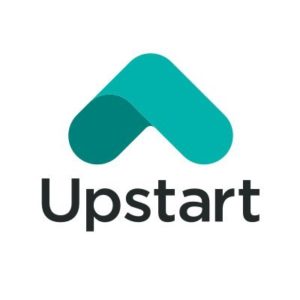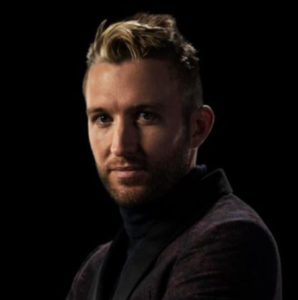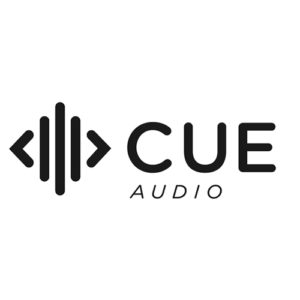Synthetic fraud is not a commonplace term. In fact, a lot of Americans have probably not even heard of it, much less care to know what it is. However, synthetic fraud is a significant problem that financial institutions and government agencies face. Synthetic fraud is a type of identity theft in which a fraudster combines real and fake information to create a hybrid identity. This new, fake identity is then used to create accounts, make purchases, and in some cases, pose as fraud victims to receive more credit.
How can synthetic identity theft be stopped? Past methods were insufficient, so Maxwell Blumenfeld, 28, and Naftali Harris, 27, created SentiLink. SentiLink is an application programming interface (API) that helps combat synthetic fraud by identifying fake people during the application process and preventing them from hurting the user’s institution or agency. The security program works by evaluating application using the personal information supplied (name, DOB, SSN) and creating a score between 0-1000 that points to the level of risk of synthetic fraud. SentiLink uses industry knowledge and a patent-pending “soft-clustering” technology to detect fraud by discovering statistical anomalies. It is extremely safe for clients to use. Security audits, vulnerability scans, and penetration tests are conducted regularly to ensure compliance. The program is also compliant with EI3PA, SOC-2, and PCI.
Prior to the creation of SentiLink, Blumenfield and Harris worked at on online lender. At this job, they experienced synthetic fraud firsthand. These two men showed great entrepreneurial spirit by choosing to solve a problem that they personally have dealt with and know, in and out. They amassed engineers, data scientists, and risk analysts to create their service. Blumenfield and Harris have created a more progressive work environment: along with normal benefits and retirement contributions, employees have unlimited PTO. The team also strives to create a culture of flexibility and creativity; lunch is free and the company often hosts team activities such as scuba diving and go-karting. With the creation of SentiLink, Blumenfield and Harris have made a name for themselves in their industry at a very young age.
